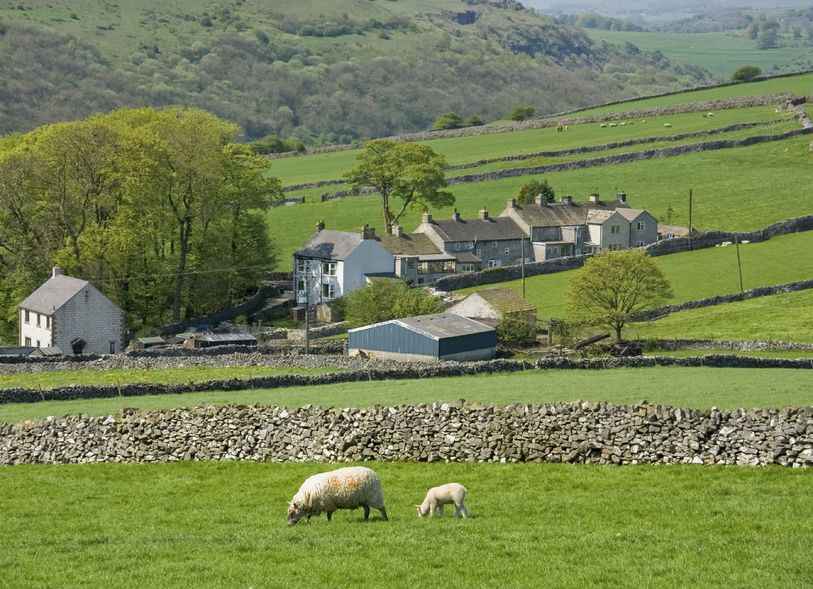
A campaign looking at decreasing the number of dog attacks on livestock in Wales will focus on pets which escape from back gardens.
New figures suggest that 89 per cent of all dog attacks on livestock happen when dogs stray from home.
The campaign seeks to put an end to dog attacks across Wales and will be rolled out shortly by the Farmers' Union of Wales (FUW).
It follows the 'Your Dog, Your Responsibility' campaign which was launched earlier in April.
“Our focus will be on dogs which escape from the back garden, as well as those off the lead,” said Aled E Jones, FUW CEO for Brecon.
“Livestock attacks show no sign of reducing but widening our educational material should help combat some of the causes.
“Having discussed this issue with the police we have also uncovered that the current system makes it very hard for immediate action to resolve any issues, which can allow for multiple attacks,” he said.
Calls for more powers
Farmers are increasingly frustrated and angry that very little can be done to protect livestock from dog attacks.
Education is part of the campaign, but calls for changes in legislation to ensure the seriousness of this offence is understood have increased.
The FUW is calling for additional powers which would include giving the police more powers to get evidence for prosecution, seizing dogs, banning bad owners from keeping dogs and having dangerous dogs destroyed.
The union is also calling for changes to the current limited and outdated fines - currently a maximum non imprisonable offense with a maximum fine of up to £1000.
Other proposals include a change to the definition of ‘arable land,’ as attacks are only enforceable on arable land. If a farmer is moving sheep between fields on a public highway the legislation isn’t valid.
A wider definition of ‘livestock’ is also being called for, as certain animals, such as deer, llamas and alpacas, are not covered by the 1953 act.
